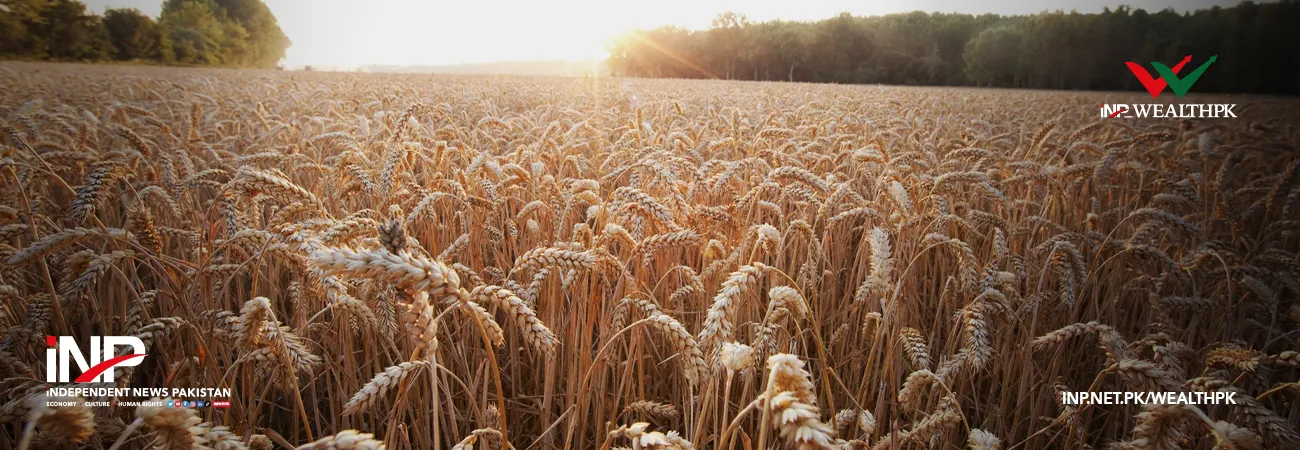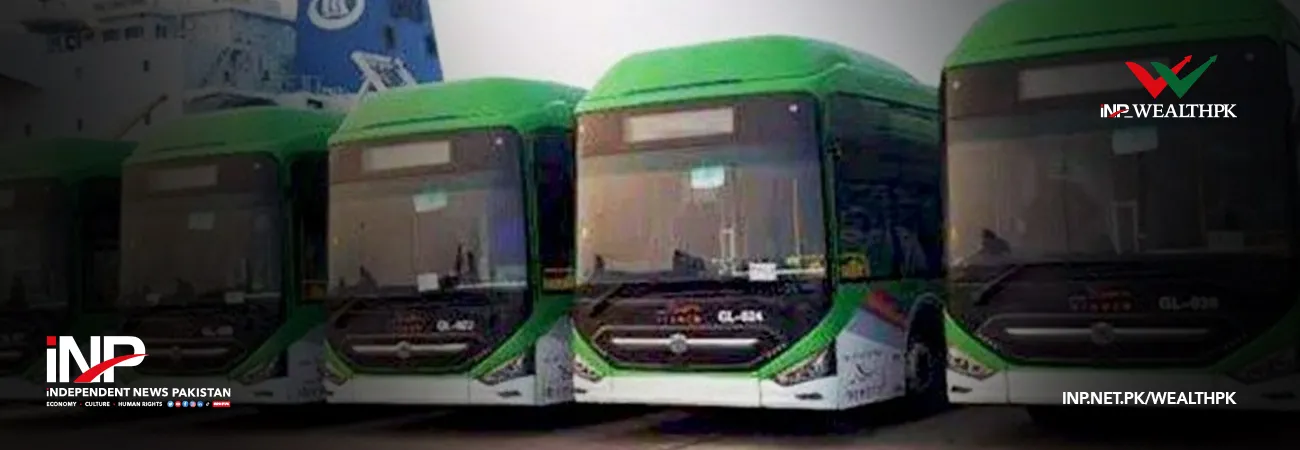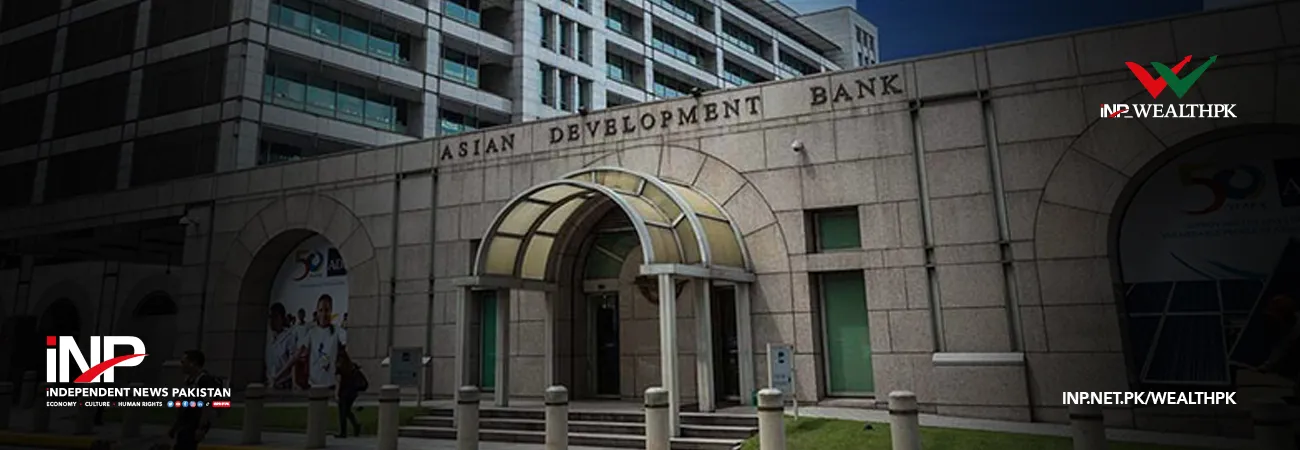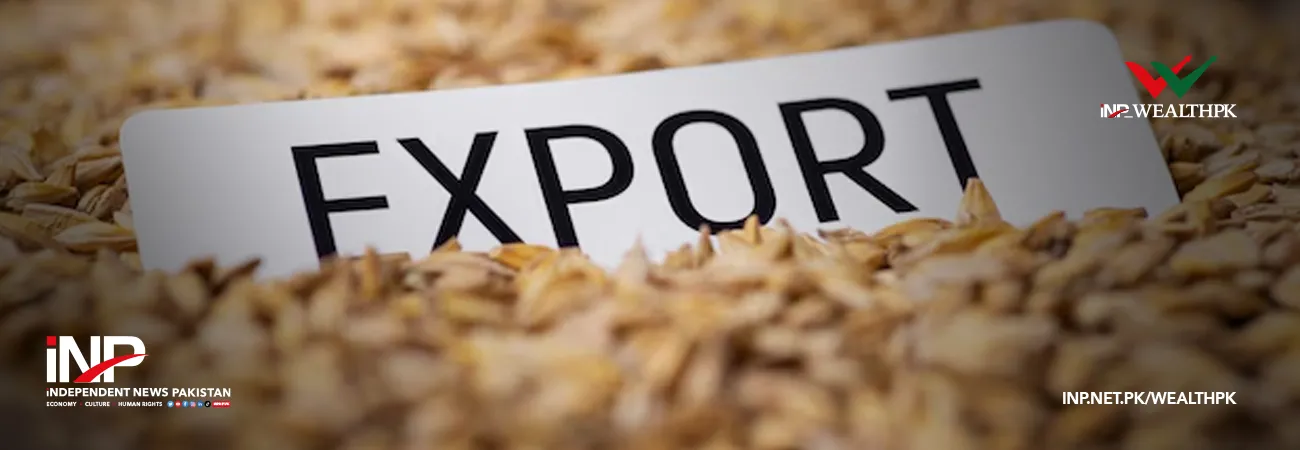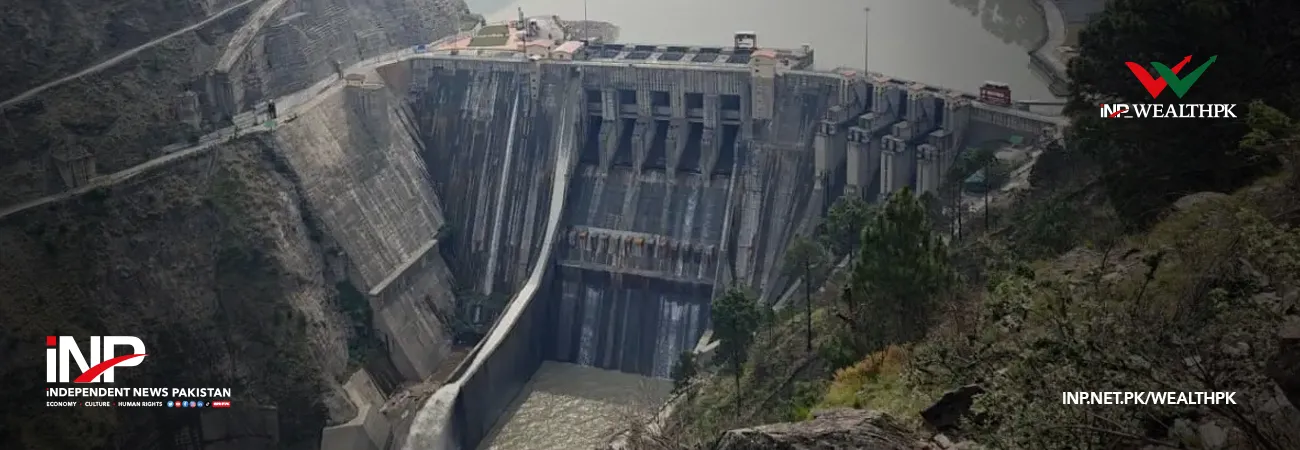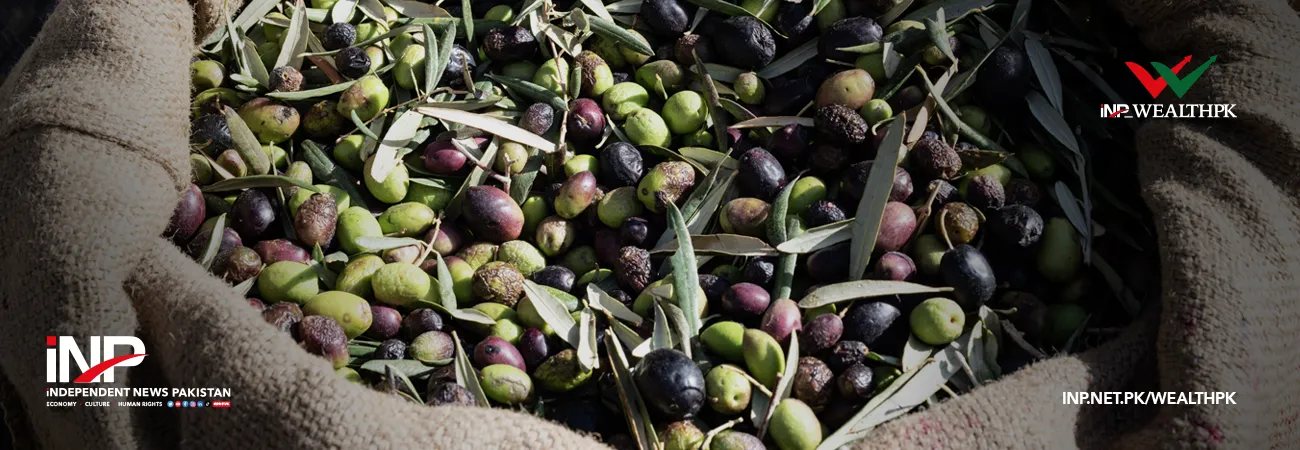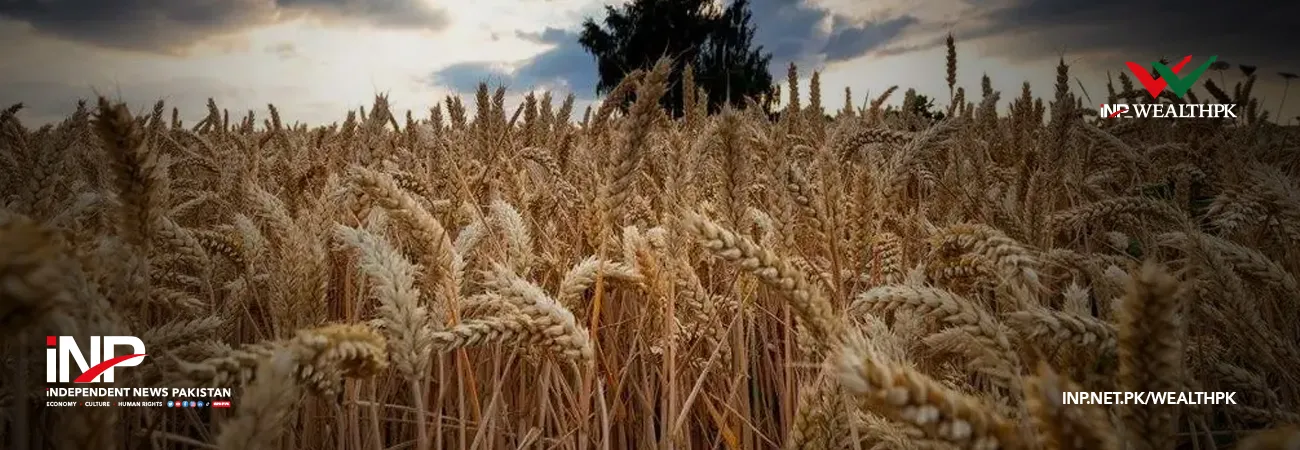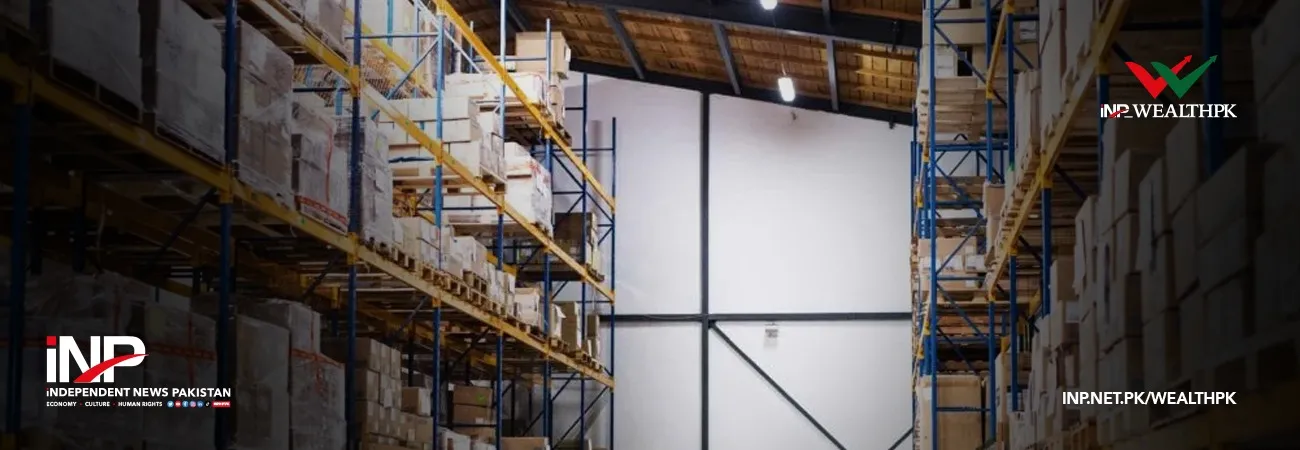INP-WealthPk
Azeem Ahmed Khan
Pakistan can significantly improve food security and enhance the economic resilience of its agriculture sector by reducing post-harvest wheat losses, Dr Shakeel Ahmed Anjum, Associate Professor at the University of Agriculture Faisalabad (UAF), said.
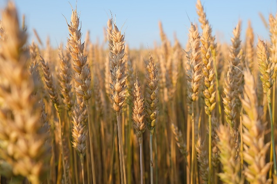
“Wheat post-harvest losses in Pakistan can reach up to 25%,” he warned, calling for a joint and sustained effort from farmers, government agencies, research institutions, and the private sector to address the issue. Talking to WealthPK, he said Pakistan ranks among the world’s leading wheat producers, however, the journey of wheat from the field to the dining table is full of challenges. “If not handled properly, this journey can result in substantial grain losses that can impact both food security and farmer income,” he noted.
Dr Anjum proposed a range of actionable measures to minimise losses throughout the wheat value chain – from harvesting to storage, transportation, and beyond. He said traditional hand-harvesting is not only time-consuming but also leads to grain damage and loss. “The use of modern machinery, especially combine harvesters, can speed up the process and reduce wastage, while training programmes for farmers in operating this equipment are essential,” he added. “Threshing – the process of separating wheat grain from the husk – is another critical stage as improper threshing leads to significant grain loss,” Anjum said.
“Promoting the use of power threshers and providing timely training can enhance efficiency and reduce losses,” he added. He said lack of proper storage facilities contributes significantly to post-harvest losses. “Traditional storage methods, such as open-air storage and jute bags, are highly susceptible to pests and fungal infections,” he said. He called for investment in modern silos and warehouses, which help protect the grain and preserve its nutritional value.
“Encouraging the use of airtight containers or bags at the farm level can prevent infestation and spoilage,” he said, adding that farmers also need guidance on proper cleaning and drying of wheat before storage to maintain grain quality. The UAF teacher said inadequate transport infrastructure, poor handling, and transit delays often cause physical damage to wheat. He called for investments in better roads and railway networks, along with improved packaging and logistics systems to ensure wheat reaches markets safely and on time.
He is of the view that establishing quality control standards at each stage – harvesting, threshing, storage, and transport – can ensure that only high-grade wheat progresses through the supply chain, minimising spoilage and losses. Anjum emphasised the economic potential of adding value to wheat. “Investment in milling technologies and the production of fortified flour and breakfast cereals can create new market opportunities, reduce raw grain wastage, and increase farmer income.”
“Technologies such as controlled storage environments, humidity meters, and temperature monitors can help maintain ideal conditions for wheat preservation and prolong shelf life,” he opined. “Government initiatives, including financial assistance for modern equipment, subsidies for building storage facilities, and infrastructure development policies, are vital to support farmers and agribusinesses,” he pointed out.
He said educating farmers on post-harvest management through workshops, training sessions, and extension services is also crucial. “Empowering farmers with the right knowledge and skills can transform how wheat is handled after harvest,” he said. “Investment in research and development is key to developing new wheat varieties and advanced storage and processing solutions,” he said. “Collaboration among academic institutions, agricultural scientists, and the private sector can drive innovation in this area,” he added.
Anjum said reducing wheat losses requires a unified approach and urged strong cooperation among government departments, NGOs, private organisations, and farmer groups through public-private partnerships. “Such alliances can consolidate resources and expertise for more sustainable and effective solutions,” he added. He concluded by saying that Pakistan has the potential to significantly cut wheat losses and move closer to achieving sustainable food self-sufficiency, with the right mix of technology, policy, and education.
Credit: INP-WealthPk



